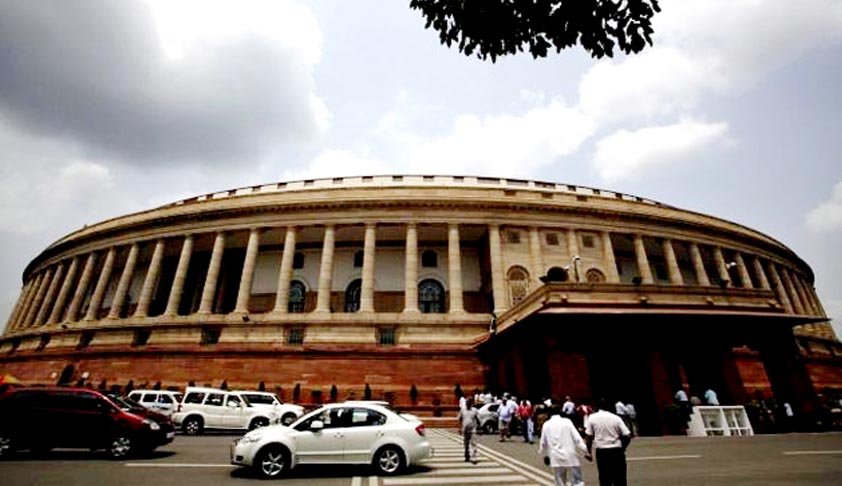- Home
- /
- Cover Story
- /
- Lokpal Finally
Lokpal Finally
Rituparna Duttaa
18 Dec 2013 9:10 PM IST
After years of fight and eight failed attempts over the last five decades, a historic day for India as it took the much awaited step of enacting the Lokpal law, which would establish an anti-corruption watchdog that will have in its purview even the office of the Prime Minister. The bill which was already passed by the Lok Sabha in December 2011 was sent back to the house to make...
Next Story



